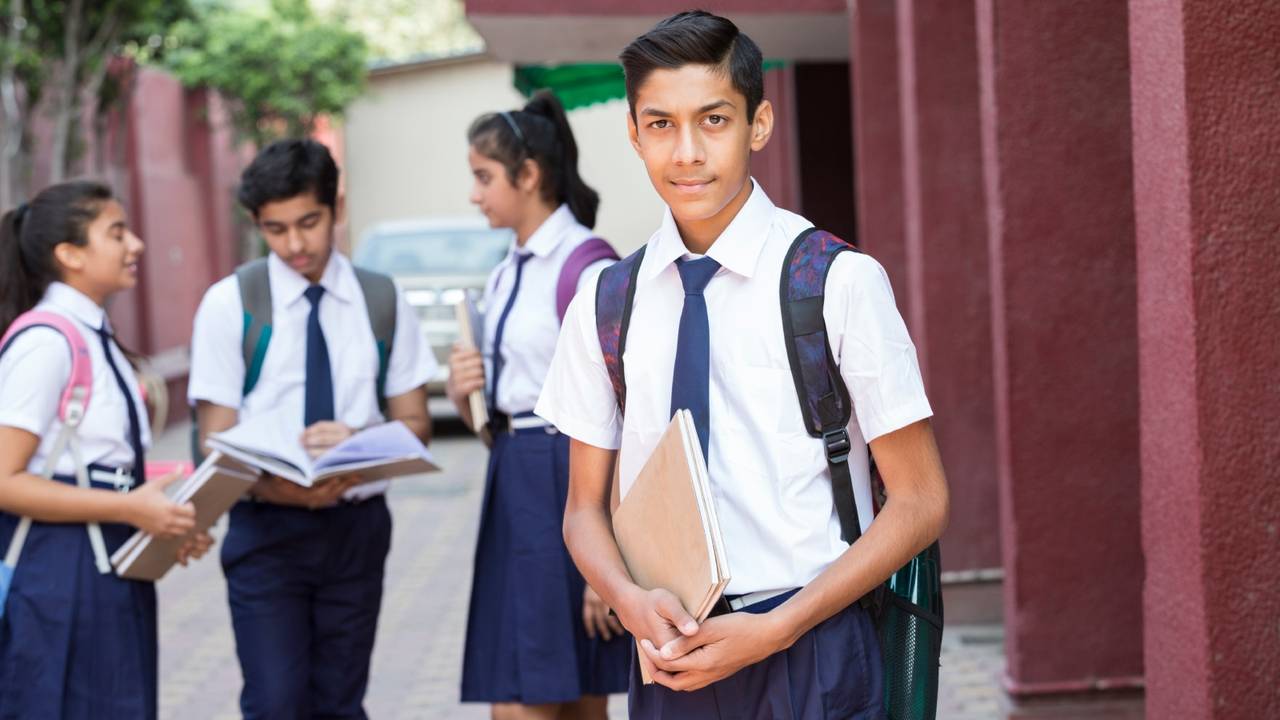<p>Critical thinking empowers students to make informed decisions, solve problems effectively, and deeply understand the world. By exploring different perspectives, students can develop stronger analytical skills.</p><img><p>Learning to think critically from a young age helps you make better decisions, solve problems, and understand the world around you. It means not just accepting what you see or hear, but asking questions, looking deeper, and thinking clearly. It’s like being a detective in your own mind. It’s an important skill to become an empathetic person. Here’s how you can start building this skill.</p><img><p>Critical thinking means using reason, logic, and evidence to make decisions. Instead of just saying, “That’s true because someone told me,” a critical thinker asks, “How do we know that’s true?” It helps you ask the right questions, understand the argument, and form your own opinions rather than just accepting any false information.</p><p><strong>Why Is It Important for Students? </strong></p><p>As students, you’re always learning new things. This skill can help you understand subjects better and write stronger answers and essays. You’ll become more confident when sharing your opinions.</p><img><p><strong>1. Ask “Why?” and “What if?” </strong></p><p>When someone tells you something, don’t just accept that without questioning. For example, you can ask questions like “Why did that event happen in history?” or “Can we try solving this problem in a different way?”</p><p><strong>2. Don’t Believe Everything You See Online </strong></p><p>The internet is full of information, but not all of it is true. Check if the source is reliable. Ask yourself, questions like “Who wrote this?” or if there’s any proof to this information.</p><img><p><strong>3. Have Discussions </strong></p><p>Talk to friends or classmates about a topic. Listen to what they think, even if it’s different from your view. This helps you understand other points of view and sharpen your own ideas.</p><p><strong>4. Write About What You Learn </strong></p><p>After a lesson, try writing a short paragraph about what you understood and any questions you still have. It’s a great way to put down your thoughts and form your opinions. </p><img><p>Critical thinking is something you can learn at any age, but the earlier you start, the better. As you keep asking questions, exploring ideas, and staying curious, you’ll build a strong mind ready to face anything in school and in life.</p>
